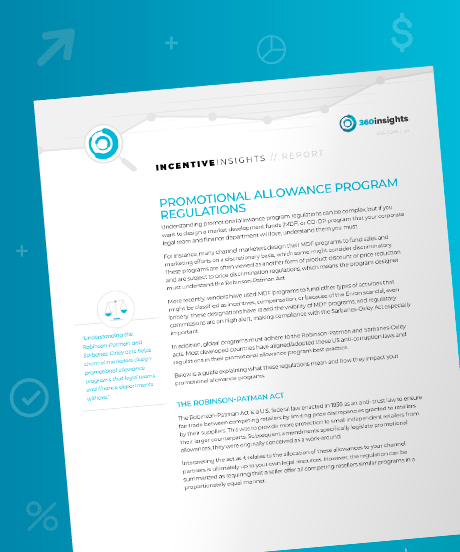A Virtual Private Network (VPN) provides a secure connection between a user’s device and the internet, enabling private data transmission across public networks. It works by masking a user’s IP address and protects their online activity from unauthorized access.
Some of a VPN’s essential functions include:
- Routing internet traffic through a remote, secure server
- Encrypting user data to prevent unauthorized third parties from obtaining it
- Allowing users to access websites or resources that may be restricted due to geography or politics
At the organizational level, VPNs offer an added layer of control, ensuring that only authorized users can access internal systems. This helps safeguard confidential data and supports a private, secure environment for remote work.
Across today’s digital landscape, virtual private networks play an essential role in a company’s approach to cybersecurity and regulatory compliance efforts. They give employees a safe way to connect to enterprise-level systems from virtually anywhere, while also lowering the risk of data breaches. Whether used personally or professionally, VPNs have become a key tool for maintaining privacy and protecting sensitive information.
Setting Your Program up for Success from the Start

eBook
Promotional Allowance Program Regulations
In this guide, we explain what the regulations mean and how they impact your programs.
Download now, to learn how to create a program that your corporate legal team and finance department will love.
